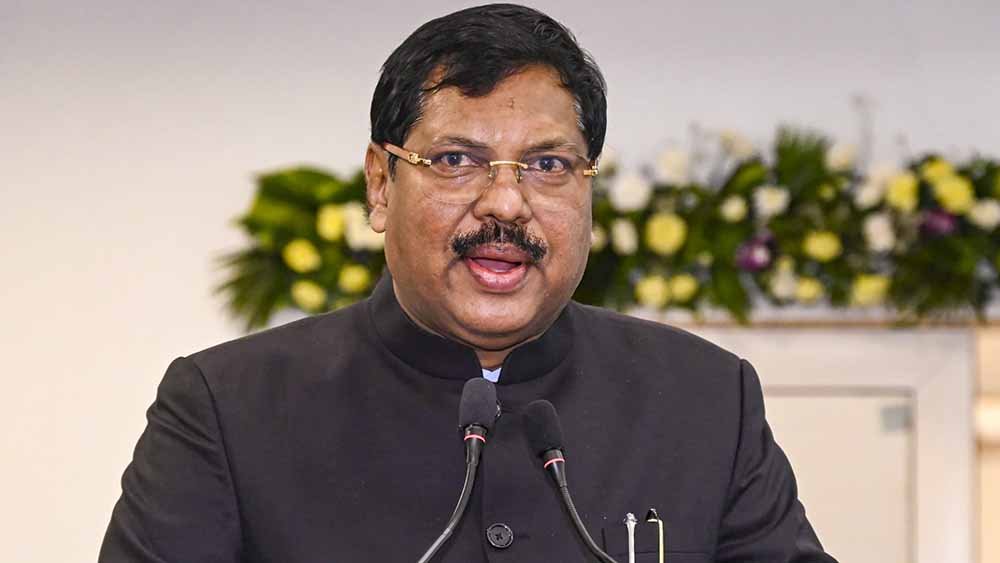Chief Justice of India Bhushan Ramkrishna Gavai has delivered a pointed message on the imperative of judicial independence and ethical conduct, asserting that legitimacy must be earned through transparency, accountability, and prompt action. Speaking at a high-level roundtable at the UK Supreme Court on June 3, Gavai underscored that the judiciary’s credibility hinges on its unwavering commitment to constitutional values.
Gavai’s remarks come amid heightened scrutiny of the judiciary following the discovery of large sums of cash at the official residence of Justice Yashwant Varma of the Allahabad High Court. The incident has sparked widespread concern over judicial integrity and prompted discussions about potential impeachment proceedings.
Addressing the broader issue of misconduct within the judiciary, Gavai emphasized that no system, regardless of its strength, is immune to professional misconduct. He stressed that when such instances surface, the response must be swift, decisive, and transparent to restore public faith. He noted that the Supreme Court has consistently acted promptly when misconduct has been brought to light, reinforcing the importance of maintaining high ethical standards.
Gavai also highlighted the ethical concerns surrounding judges accepting government positions or contesting elections immediately after retirement. He cautioned that such practices raise significant ethical issues and risk eroding public confidence in the judiciary’s independence. To preserve the credibility and independence of the judiciary, Gavai revealed that he and many of his colleagues have publicly pledged not to accept any post-retirement roles or positions from the government.
The Chief Justice defended the collegium system of judicial appointments, acknowledging that while reforms are open for discussion, they must not compromise judicial independence. He pointed out that the judiciary derives its legitimacy from public trust, which must be earned by upholding constitutional values with independence, integrity, and impartiality.




 India Seeks Measures To Tackle Trade Distortions
India Seeks Measures To Tackle Trade Distortions 